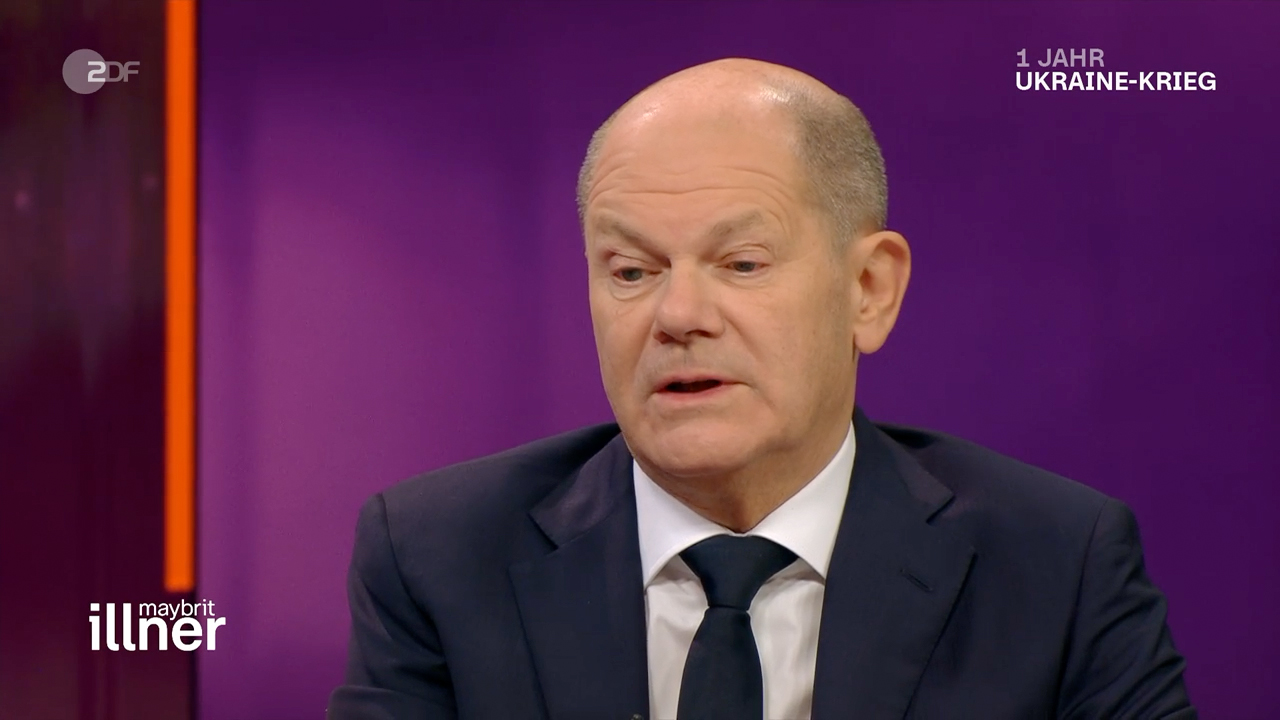Global governance
International community lacks a coherent idea of aid

One of the core messages of Willke’s book is that humankind lacks a global political system with the same kind of international reach as the global economic and scientific systems have. The result is a dangerous mismatch of the kind of environmental regulation we need and what nation states are capable of implementing.
At the same time, the author points out that global governance is emerging in some fields of policymaking, based on international agreements and often supported by multilateral institutions. He emphasises, however, that so far attempts to introduce global governance in the fields of environmental regulation and development policy have largely failed. In his eyes, neither field actually has a system of global governance.
This assessment makes sense. However, it seems a bit naïve to expect something like a coherent system for international development cooperation, or “aid” as it is conventionally called. At the same time, Willke’s view of what high-income countries’ aid efforts have actually achieved is excessively bleak. These two shortcomings are closely related.
The core reason is that there really is no coherent understanding of what aid is all about. It means different things to different governments. It is worth pointing out, moreover, that it is generally considered to be part of foreign affairs, rather than a policy field in its own right.
Diverging perspectives
Germans sometimes struggle to see this because our country has had a Federal Ministry for Economic Cooperation and Development for more than 60 years. It is important to understand, however, that developmental efforts mean different things to different governments:
- For the USA, aid is basically a geostrategic instrument.
- For former colonial powers like France or Britain, it mostly serves to shape relations with the countries they once ruled.
- Germany and Scandinavian countries, by contrast, have been investing in aid to prove they are committed to the global common good and exert global influence in spite of only moderate military power.
- For governments of aid-dependent countries, the big issue is to keep the money flowing.
- For governments of more advanced developing countries, the goal may be to become part of relevant international alliances or to get additional funding for specific policies. To some extent, they will always be tempted to attract such funding in order to be able to use more of their own resources for purposes that are less in line with global common goods.
In the case of India, for example, international support for investments in renewable energy actually help the government to maintain high defence spending. In donor governments’ eyes, the support makes sense, nonetheless. On the one hand, they know that Delhi would probably prioritise defence anyway, but want to promote the shift to sustainable power generation. On the other hand, their overarching goal is to make sure that India does not align too closely with China.
Another important point, moreover, is that development is not primarily a foreign-relations issues for most low- and middle-income countries. Indeed, development is their most important domestic challenge.
I am not saying that the UN’s Sustainable Development Goals are meaningless. They make sense because their achievement would actually help to ensure the planet stays liveable for future generations. However, they are not binding. It would be naïve to expect them to actually guide national policymaking everywhere and in every single field.
The conventional wisdom is wrong
Willke reiterates common tropes about why aid must fail. The conventional wisdom is that aid basically inspires corruption, with donors’ efforts systematically failing because the partner governments do not share their goals. What this conventional wisdom overlooks is that aid actually does succeed systematically where partner governments make good use of it. That has happened time and again, which is why the number of aid-eligible countries has kept shrinking. Stefan Dercon, the development economist, has made this case convincingly. Unfortunately, Willke prefers to confirm the conventional wisdom by quoting out-dated books such as Dambisa Moyo’s “Dead Aid”, which was always flimsy and never deserved the attention it attracted.
Willke’s underestimation of aid success can be excused however, because a country’s graduation from aid eligibility is typically read as a national triumph, so the contribution of donor governments is generally forgotten. The full truth, of course, is that extreme poverty has declined internationally in recent decades, and it is absurd to argue that aid policies designed to achieve that goal did not play any role at all.
Dercon, by the way, is right to use the term aid rather than development cooperation. The point is that, when things go well, donor money actually supports recipient countries’ policies. And that is as it should be. After the turn of the Millennium, a series of multilateral conferences attempted to start the kind of global governance system Willke would like to see. These High-Level Forums on Aid Effectiveness emphasised the ownership of developing countries and insisted that donor action must be aligned to their policies and institutions. Unfortunately, the momentum petered out.
An important reason was that large emerging economies stayed aloof. It did not suit their national interests to adopt an international agenda that was shaped by high-income countries with relevant input from low-income countries.
Since there is no effective system of global governance for development efforts, one warning Willke expresses in his book is indeed accurate. Development agencies are at risk of denting their own effectiveness by downplaying the ownership of disadvantaged countries and focusing more on the demands of the powers that provide the funding. As the saying goes: He who pays the piper calls the tune. Nonetheless, the track record of international development cooperation is better than Willke admits.
Hans Dembowski is editor-in-chief of D+C/E+Z.
euz.editor@dandc.eu

















